The best thing on the radio last week was, without question, Kind Hearts and Coronets. You may have missed it because it was on Radio 4 Extra, the poor, forgotten relation of the BBC’s main channels, which many regard as merely a Radio 4+1 for yesterday’s replays, when it is in fact home to the drama and comedy archive. Like the BBC4 TV channel, which is sadly ceasing commissioning, it hosts the sort of intelligent programmes people really enjoy, to the consternation of those who dismiss them as ‘old’.
Fittingly, for Radio 4 Extra, Kind Hearts is all about a poor, forgotten relation who strives to reclaim his place within a family unwilling to acknowledge his existence. Adapted from the Ealing Studios screenplay of 1949 starring Alec Guinness, the radio drama, first broadcast in 1996, is one part Wilde to two parts Conan Doyle. If you’ve seen the film, you’ll know the plot, which follows Louis Mazzini as he bumps off cousin after cousin in increasingly elaborate ways in his quest to succeed to a dukedom.
We are introduced to Mazzini, played superbly for radio by Michael Kitchen, through the man hired to execute him. As the bells toll, the suave young cad has only a matter of hours in which to transcribe his Brief History of Events — a ‘not uninteresting’ confession — before being hanged for his crimes. His last request is for a quill.
He starts at the very beginning. His mother, the daughter of the 7th Duke of Chalfont, was disinherited after running away with an Italian opera singer to live in Clapham. The tenor took one look at his newborn son and dropped dead from a heart attack. Attempts by the exiled Lady Chalfont to reconcile with her family years later were met with a firm rebuff. Poor little Mazzini had no choice but to find work as a draper’s assistant, a ‘humiliation’ that lasted ‘two dispiriting years’, before seeking to fulfil his mother’s idle wish that he inherit the title.
There is a particularly brilliant scene in which Mazzini recounts sitting in the library skimming the daily register in agony or glee. Diphtheria outbreak — hurrah! Birth of twins — oh hell! Steadily, the line of succession dwindles to eight, and Mazzini sets off in pursuit of his first target, a banker, Ascoyne D’Ascoyne. Following Alec Guinness, Harry Enfield plays, to comic effect, nine members of the D’Ascoyne family, his timing never less than perfect. A tenth member, Edith (Haydn Gwynne), and the femme fatale, Sibella (Lynsey Baxter), are equally stunning.
The adaptation, full of twists, has an immediacy that only radio can provide, its curious lack of setting and period markers (with the exception of the late Barrington Pheloung’s beautiful score) lifting it from the grand Edwardiana of the screenplay into something that feels far closer to us in time and place.
The Edwardian period also provides the setting for the opening of series two of The Sound of the Hound, a delightfully nerdy podcast exploring the history of recorded music. Hosted by Dave Holley, the former MD of Abbey Road Studios, and James Hall, music critic of the Telegraph, it takes its name from Nipper the dog (His Master’s Voice) and follows the career of Fred Gaisberg, founder of the Gramophone Company, the forerunner of EMI.
In the first episode, the American Gaisberg embarks on a five-week voyage to India with 30 cases of equipment, some suspiciously well dressed passengers and a raging ambition to take his knowledge of sound-recording right the way from Calcutta to Burma, Java and Japan. The podcasters trace the trail of the 500-odd recordings Gaisberg made during his travels across the east back to Hanover, where almost half of them were deemed successful, and back again to Calcutta, which subsequently became the focus of the gramophone industry in the early 20th century.
If you’ve never given much thought to how commercial music was born, or what means were used to preserve and perpetuate it in the days before electricity, you will learn a lot from this podcast. Even if you haven’t the slightest interest in Gaisberg and his ventures, you’ll find the presenters jolly good company. They are the audio equivalent of a couple of blokes in a shed indulging a niche interest while everything falls apart around them. You genuinely feel that nothing could distract them from reaching the end of their story, which will apparently take them, in week ten, to an interview with record producer Giles Martin. I’ll be listening.
Got something to add? Join the discussion and comment below.
Get 10 issues for just $10
Subscribe to The Spectator Australia today for the next 10 magazine issues, plus full online access, for just $10.
You might disagree with half of it, but you’ll enjoy reading all of it. Try your first month for free, then just $2 a week for the remainder of your first year.

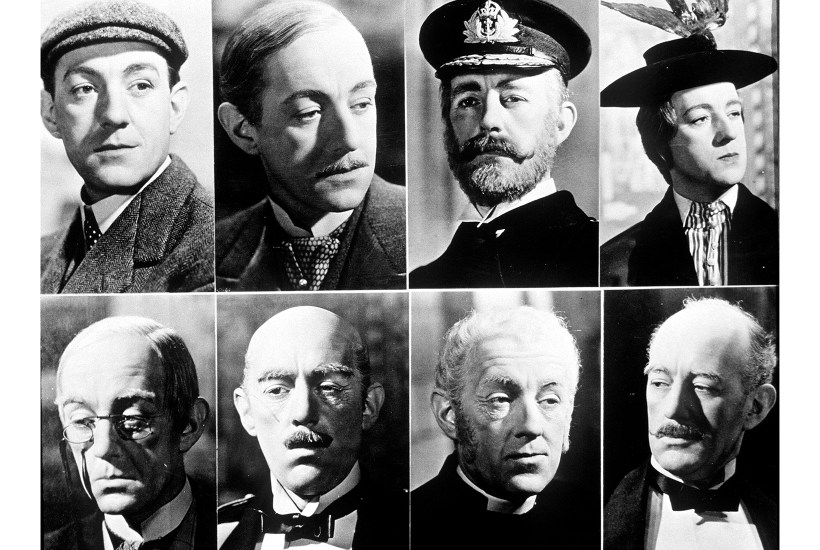
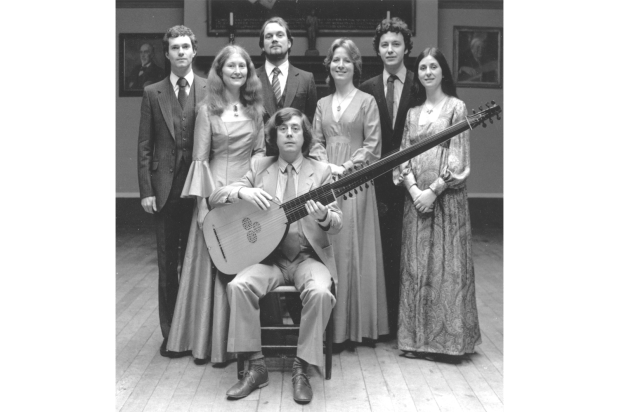
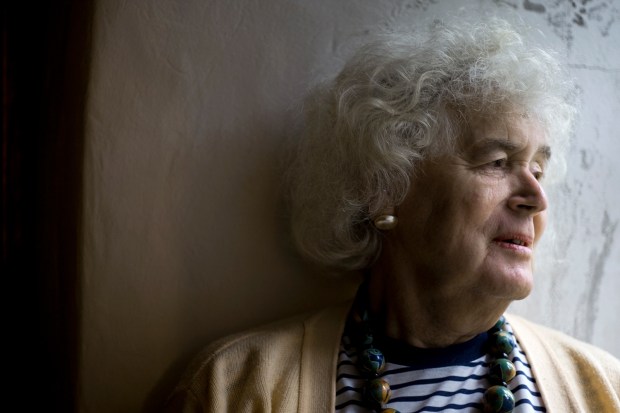

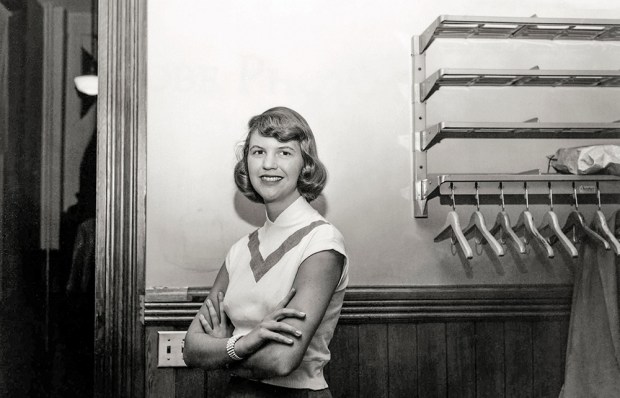
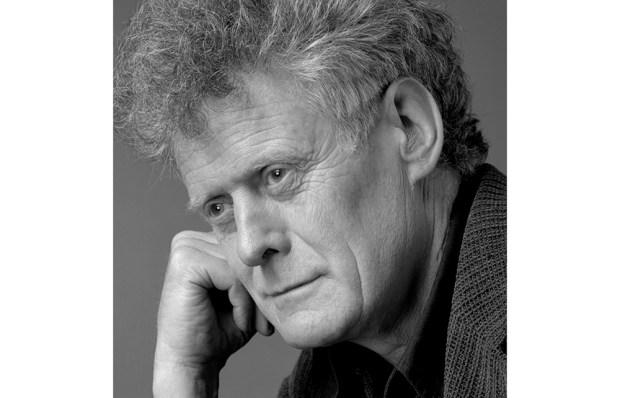
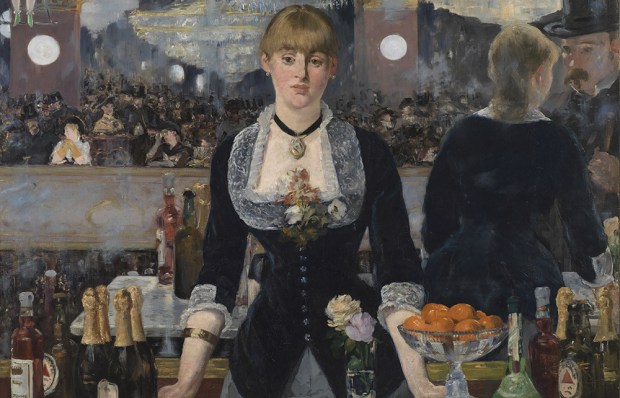






Comments
Don't miss out
Join the conversation with other Spectator Australia readers. Subscribe to leave a comment.
SUBSCRIBEAlready a subscriber? Log in